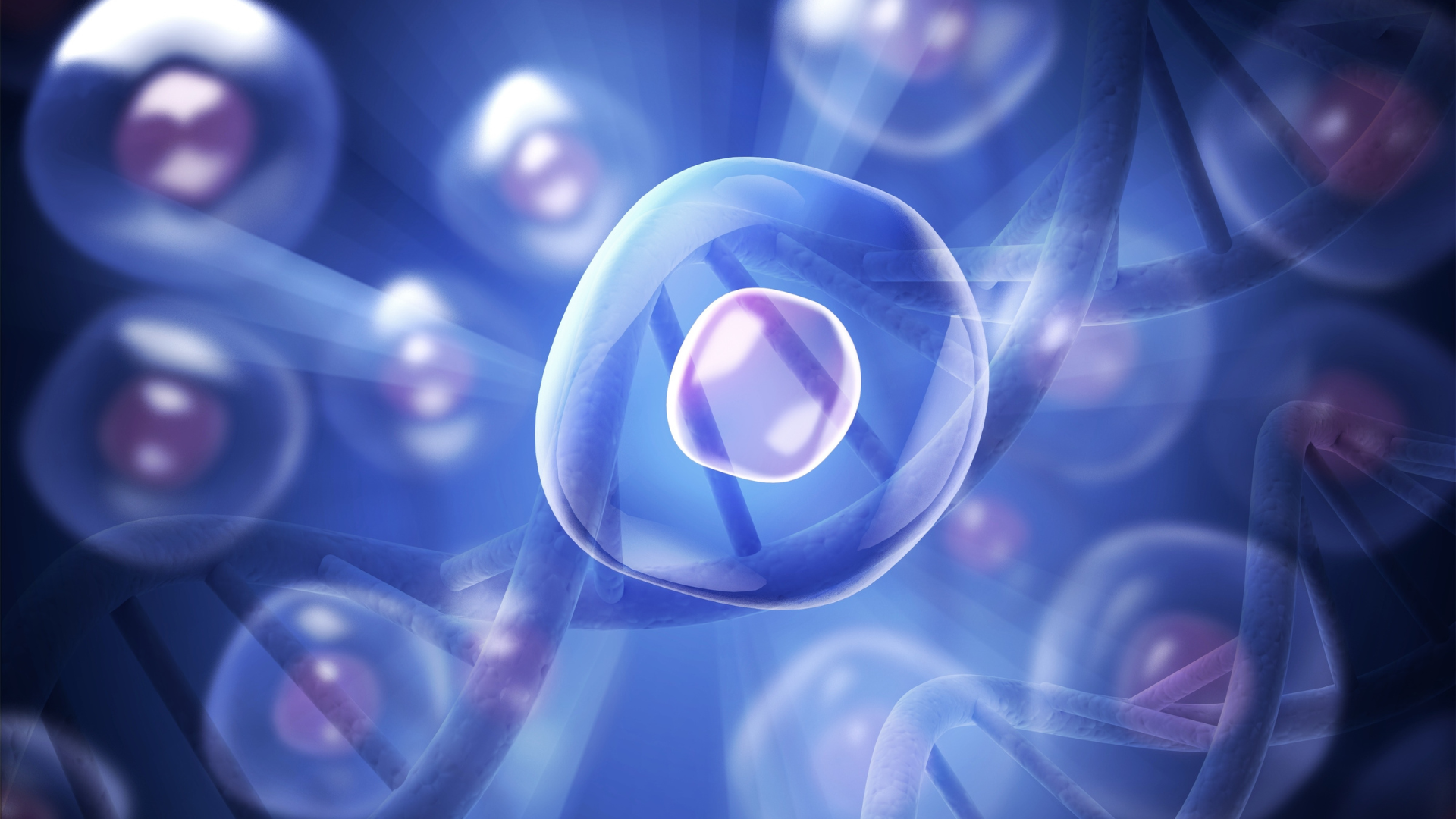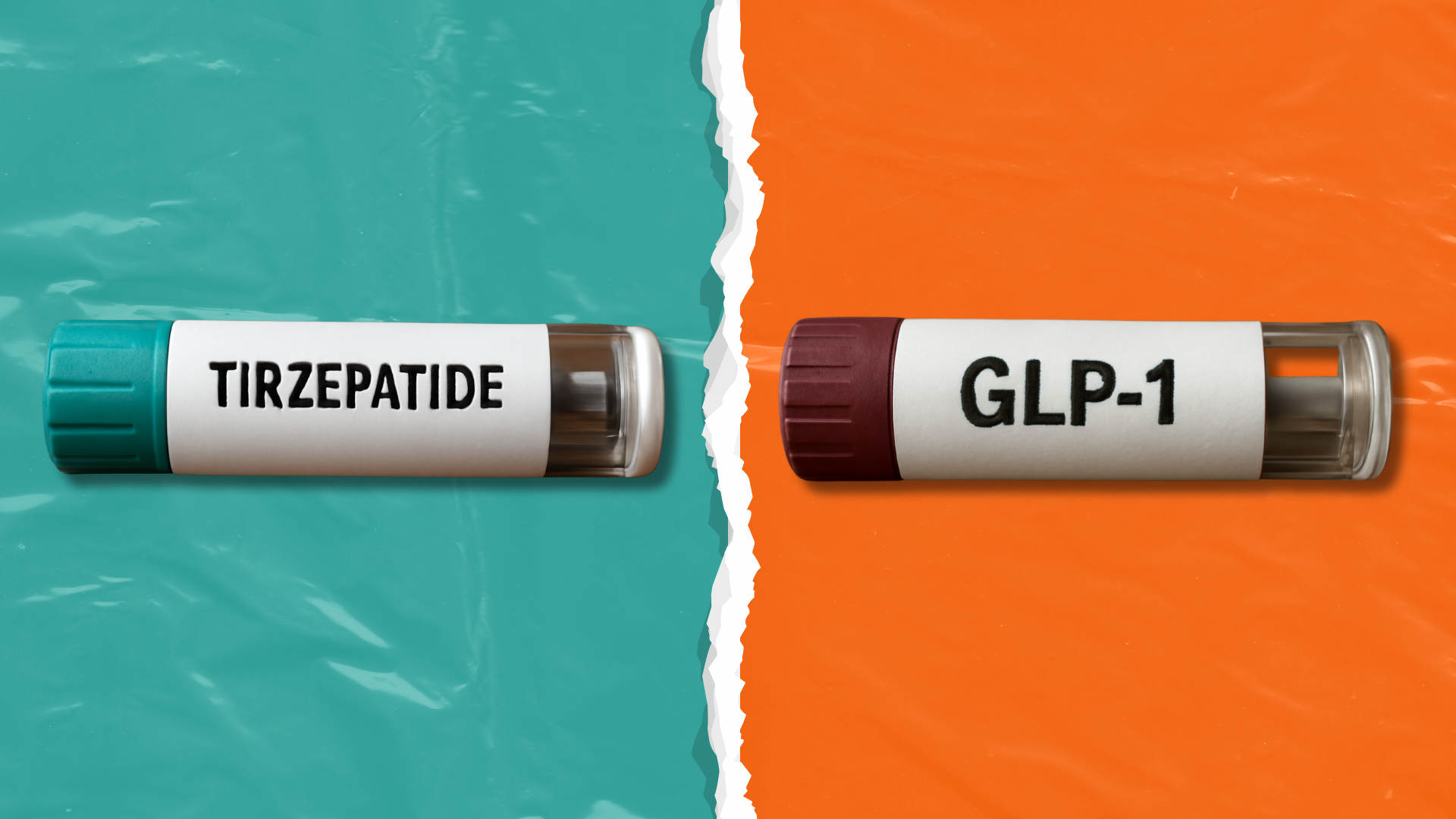Rethinking Weight Loss
When most people think about weight loss, they focus on calories, exercise, and willpower. But increasingly, science is showing that the gut plays a far more central role in regulating weight than we once believed. The health of your gut, specifically your microbiome and the signals that travel between your digestive system and brain, can strongly influence how your body stores fat, manages hunger, and regulates metabolism.
At ATX Infusion and Wellness, we approach weight loss through a science-forward lens, offering treatments that support the systems behind the symptoms. Among the most promising tools for improving both gut health and weight regulation are therapeutic peptides.

Gut Health and Weight: What’s the Connection?
The human gut is home to trillions of microorganisms, bacteria, fungi, and other microbes that help break down food, produce essential nutrients, and maintain a healthy immune response. But this microbiome also plays a key role in managing appetite and how the body processes and stores energy.
Research has shown that an imbalanced gut can lead to increased fat storage, insulin resistance, and inflammation, all of which can make it harder to lose weight. Poor gut health has also been linked to increased cravings, especially for high-sugar and high-fat foods.
This is where signaling comes in. The gut and brain are connected through what’s known as the gut-brain axis, a two-way communication network involving the
vagus nerve and various hormones and neurotransmitters. When this system is functioning well, your body knows when you’re full, regulates blood sugar effectively, and maintains healthy metabolic rhythms. When it’s not, these processes can go off track.

How Peptides Fit In
Peptides are short chains of amino acids that act as messengers within the body. Some peptides can influence gut function directly by improving digestive processes, while others support hormonal balance, metabolic signaling, or tissue repair. In the context of weight loss and gut health, a few stand out:
1. GLP-1 Receptor Agonists (e.g., Tirzepatide)
These peptides mimic naturally occurring hormones that help regulate insulin, blood sugar, and appetite. By slowing gastric emptying and increasing satiety, GLP-1 analogs reduce hunger and may lead to steady, sustainable weight loss when used appropriately. Tirzepatide, in particular, is being explored for its dual action on both GLP-1 and GIP receptors, enhancing its metabolic effects.
2. BPC-157
Known for its potential to support tissue repair,
BPC-157 may also help protect the integrity of the gut lining. A healthier gut lining means reduced inflammation and better absorption of nutrients—both of which are crucial for metabolic balance.

3. KPV Peptide
This anti-inflammatory peptide is currently being researched for its potential to calm inflammatory bowel conditions. For individuals with gut-related immune dysfunction, KPV may support a healthier microbiome environment indirectly.
4. Khavinson Peptides
These peptides, particularly those aimed at supporting pancreatic health, may aid metabolic regulation in people dealing with insulin resistance or type 2 diabetes. Improved glucose control often leads to improved fat loss over time.

Supporting the Whole System
Weight loss is about creating a biological environment where healthy weight is sustainable. By supporting gut health with targeted therapies, patients may experience:
- Improved digestion
- Reduced cravings
- More stable energy levels
Enhanced metabolic function
Combined with lifestyle changes and under medical supervision, peptide protocols offer an advanced tool for people struggling to lose weight despite their best efforts.

A Personalized Approach
At ATX Infusion and Wellness, we work closely with each patient to identify the underlying contributors to weight gain, from hormonal shifts to digestive health. Our protocols are designed to support your body’s systems rather than override them.
If you’re interested in learning more about how peptide therapy and gut health are connected, we invite you to schedule a consultation with our team. We’ll walk you through the science, discuss your goals, and determine if peptide therapy may be a fit for your weight management journey.

















